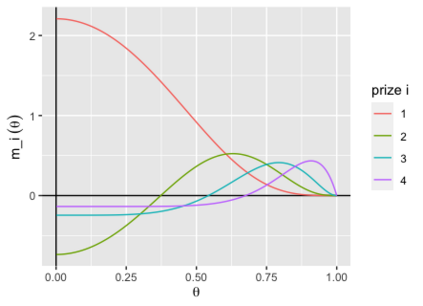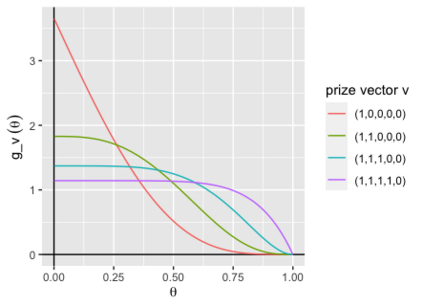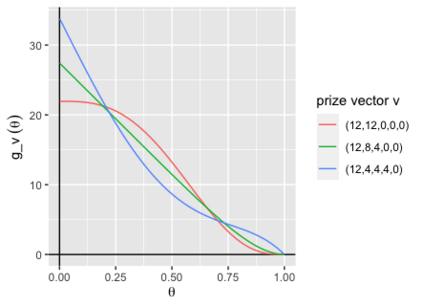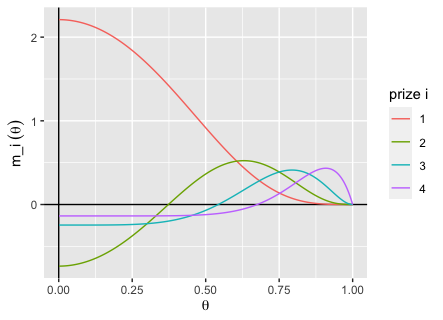We consider contests where participants have private information about their ability and the contest designer can manipulate the values of different prizes to influence effort. We study the effect on effort of two different interventions: increase in the value of prizes and increase in competition (transfer of value from worse to better prizes). We identify two natural sufficient conditions on the distribution of abilities in the population under which both interventions have opposite effects on effort. More precisely, we find that if the density of agents is decreasing in ability so that unproductive agents are more likely than productive agents, the two interventions encourage effort. And if this density is monotone increasing in ability, the interventions discourage effort. We discuss applications to the design of optimal contests in three different environments, including the design of grading contests. Assuming the value of a grade is determined by the information it reveals about the agent's ability, we establish a link between the informativeness of a grading scheme and the effort induced by it.
翻译:我们考虑的是参与者掌握关于自身能力的个人信息的竞赛,竞争设计者可以操纵不同奖项的价值来影响努力。我们研究了两种不同干预措施对工作的影响:提高奖品价值和增加竞争(将价值从更坏的奖品转移到更好的奖品 ) 。我们确定了两种干预措施对工作产生相反影响的人群能力分布的两个自然充分条件。更确切地说,我们发现,如果制剂密度下降,从而使非生产性制剂比生产剂更可能,两种干预措施鼓励了努力。如果这种密度是单质的,那么干预措施就抑制了努力。我们讨论了在三个不同环境中应用最佳竞赛的设计,包括分级竞赛的设计。假设一个等级的价值取决于它揭示的代理人能力的信息,我们就在分级计划的信息性和它引起的努力之间建立了联系。







